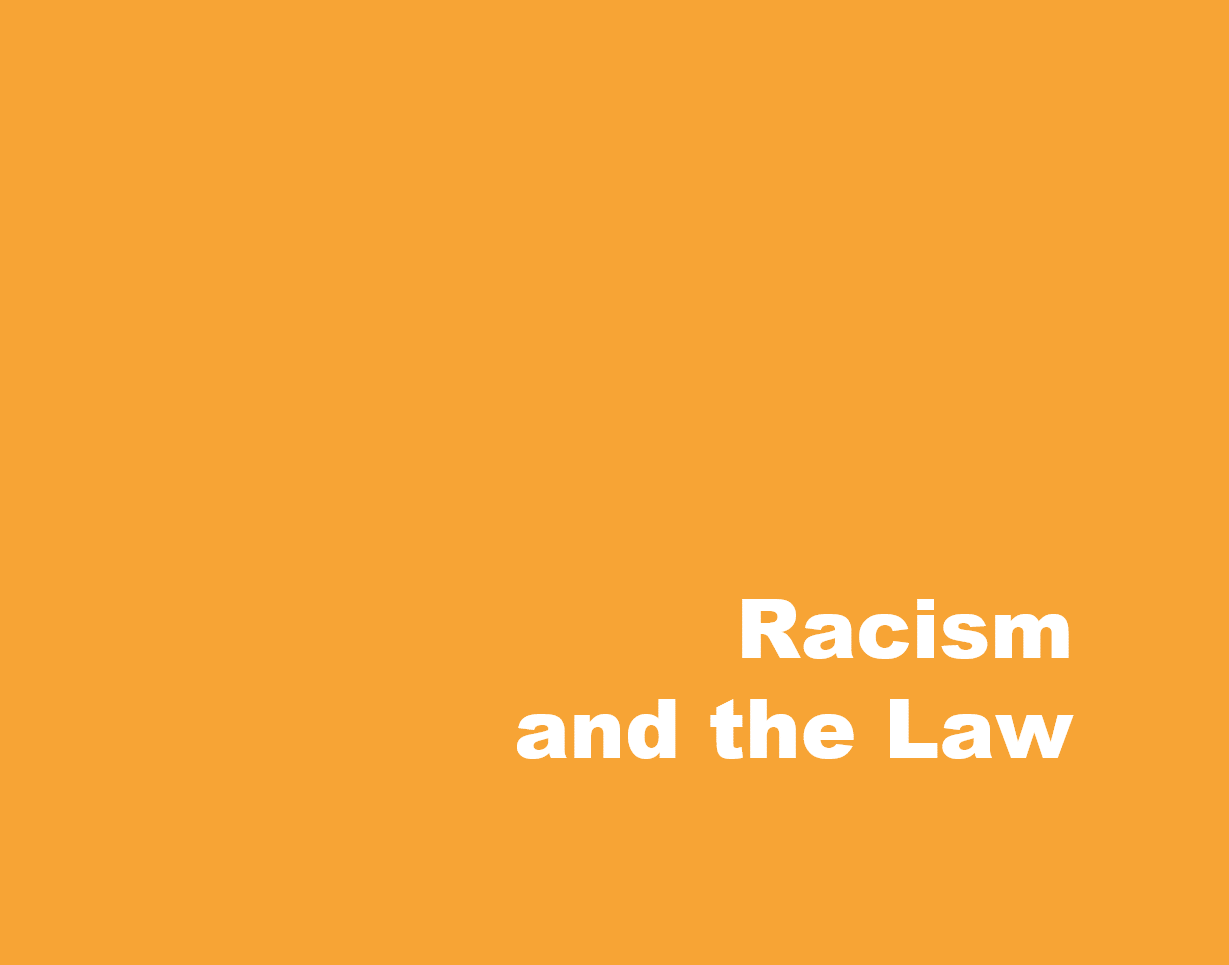The Ugly Truth
Back in the news and all over social media as American actress Roseanne Barr send out a racist tweet. The backlash results in her show being cancelled by the producer’s ABC. Her sitcom had been off air for 2 decades and one act of racism has resulted in not only her losing her show but many more people out of work because of her behaviour.
Today we are not so accepting of apologies and the sudden cancellation of a hit show (it had the highest ratings of a new TV series in years) because of offscreen controversy was almost without precedent.
Here in the UK we continue to have plenty of issues with racism.
Half of UK students have witnessed racism at university, says survey
Research by online forum The Student Room finds almost a third have personally experienced racism on campus – and one in 10 have encountered racist incidents on a daily basis. Verbal abuse, off-hand or “casually” racist comments and exclusion from social events are the most common experiences of the 1000 university students who took part in the study.
Examples of racism highlighted in the study included:
- a student was attacked in a nightclub by a group after having already been subjected to racist slurs
- lots of people black up for fancy dress. An African student has racist jokes made about them having Aids.
- another student said they had African songs sung at them when they entered the room
- they had been subjected to comments that questioned black people’s intelligence
- A rotten banana was reportedly thrown at a black student during an ice hockey match.
Remember this is just one sector of society in the UK – young people being racist to young people
The impact of racism is profoundly devastating for a lot people and can lead to isolation and depression.
The UK Law on Racism
As an apprentice you are more than likely to cover this subject in your qualification but here is a reminder of discrimination and some examples of what racial discrimination looks like (feel free to refer to these in your assignments!)
In the UK, employees are legally protected from racial discrimination by the Equality Act 2010. Complaints about racial discrimination that happened before October 2010 are still covered by the previous law, the Race Relations Act 1976.
Under the Equality Act 2010 there is protection for individuals from being discriminated against in employment on the grounds of:
- colour
- race
- nationality
- religious beliefs or ethnicity.
Employers must not discriminate because of any of these protected characteristics.
The Act however does not distinguish between whether racist practices were done on purpose or not – it’s main concern is only with the fact that racial discrimination has occurred.
There are four main types of discrimination under the Equality Act.
Direct discrimination:
This is deliberate and may be obvious. An example might be someone of Asian ethnicity is interviewed and meets all of the job requirements but following an interview the employer tells them “you wouldn’t fit in here”. A white person with similar skills and experience is hired instead.
Indirect discrimination
Indirect race discrimination happens when a rule or policy set by an employer places people from certain racial, ethnic or national groups at a disadvantage.
An example might be an Italian national living in the UK applies for a job and the job advert gives “native English speaker” as a requirement. This person is bilingual and meets all the other requirements. After interview they are rejected as a non-native English speaker.
Racial Harassment
Racial harassment is not limited to others making insulting remarks or behaviour. It can include any unwanted conduct related to an employee’s race, especially when it violates their dignity or creates an offensive environment.
An example might be a Muslim working in who’s manager continually comments on their appearance and questions them about Islamic customs. As time goes by they begin to find their workplace hostile and intimidating.
Victimisation
A good example of victimisation would be a British person of Asian ethnicity is taking their case to employment tribunal after being racially abused by colleagues. In the run up to the hearing many more of their colleagues stop talking to them and the manager puts them on probation. This is a form of direct racial discrimination protected by the Equality Act. Although the victimisation seems to be a direct response to the tribunal claim, it is also an attack on the right for the person to defend themselves from racial harassment.
Racial Discrimination by Association
A person does not need to be from a minority group to be racially discriminated against. If an employer treats them unfairly because they associate with people of another race, or because they are perceived to be of another race, that is still direct racial discrimination.
Check out NTW’s page on Equality and Diversity on their website: https://www.ntw.nhs.uk/about/equality/
If you want to know more about organisations ongoing work to combat and eliminate racism check out these websites:
https://www.sariweb.org.uk/what-we-do/education/

